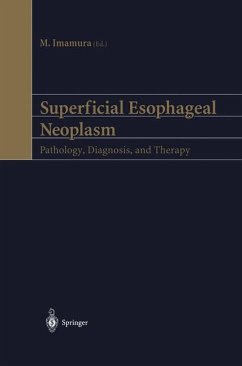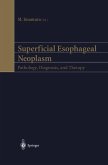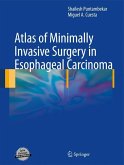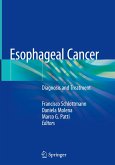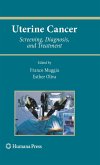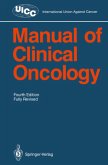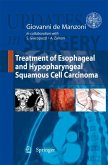This book presents a consensus of internationally renowned authorities on the diagnosis and treatment of early esophageal cancer. Meeting at an international symposium held in Kyoto, Japan, pathologists, physicians, surgeons, and endoscopists presented and discussed the most recent results of molecular biological studies on esophageal neoplasm - its development, invasion, and metastasis.Topics included treatment modalities for early squamous cell carcinoma and early adenocarcinoma, the molecular basis of differentation of dysplasia from early cancer, and less invasive treatment for superficial esophageal neoplasm. Some 200 scientists and practitioners from Australia, Italy, Sweden, Germany, Thailand, France, the United States, and Japan participated in the symposium. This volume is a record of their presentations and discussions and will be of interest to all who are concerned with the pathology, diagnosis, and therapy of superficial esophageal cancer.
This book, containing the proceedings of the 2000 Kyoto Symposium on Esophageal Cancer, is an important contribution for all types of physicians interested in both squamous and adenocarcinoma of the esophagus. The volume has great legitimacy and relevance. The symposia hosted by Professor Masayuki Imamura brought together the leaders in several disciplines from Japan with other acknowledged authorities from Europe, the United States, Australia, and other parts of Asia. Japan has long been a leader in making advances in understanding the pathology, diagnosis, and treatment of esophageal squamous cell carcinoma, for several decades originally led by Professor Komei Nakayama and his students. It is now clear that Japanese are also beginning to suffer from esophageal adenocarcinoma and Barrett's columnar lined epithelium, thus enabling the Japanese to formulate studies on the pathology, diagnosis, and treatment for the full spectrum of esophageal neoplasms. The authoritativeness of these proceedings is established not only by the long tradi tion of Japanese leadership in the field but by the contributions of the principal leaders from the Nakayama school participating in the honorary faculty and local scientific committee.
Hinweis: Dieser Artikel kann nur an eine deutsche Lieferadresse ausgeliefert werden.
This book, containing the proceedings of the 2000 Kyoto Symposium on Esophageal Cancer, is an important contribution for all types of physicians interested in both squamous and adenocarcinoma of the esophagus. The volume has great legitimacy and relevance. The symposia hosted by Professor Masayuki Imamura brought together the leaders in several disciplines from Japan with other acknowledged authorities from Europe, the United States, Australia, and other parts of Asia. Japan has long been a leader in making advances in understanding the pathology, diagnosis, and treatment of esophageal squamous cell carcinoma, for several decades originally led by Professor Komei Nakayama and his students. It is now clear that Japanese are also beginning to suffer from esophageal adenocarcinoma and Barrett's columnar lined epithelium, thus enabling the Japanese to formulate studies on the pathology, diagnosis, and treatment for the full spectrum of esophageal neoplasms. The authoritativeness of these proceedings is established not only by the long tradi tion of Japanese leadership in the field but by the contributions of the principal leaders from the Nakayama school participating in the honorary faculty and local scientific committee.
Hinweis: Dieser Artikel kann nur an eine deutsche Lieferadresse ausgeliefert werden.

